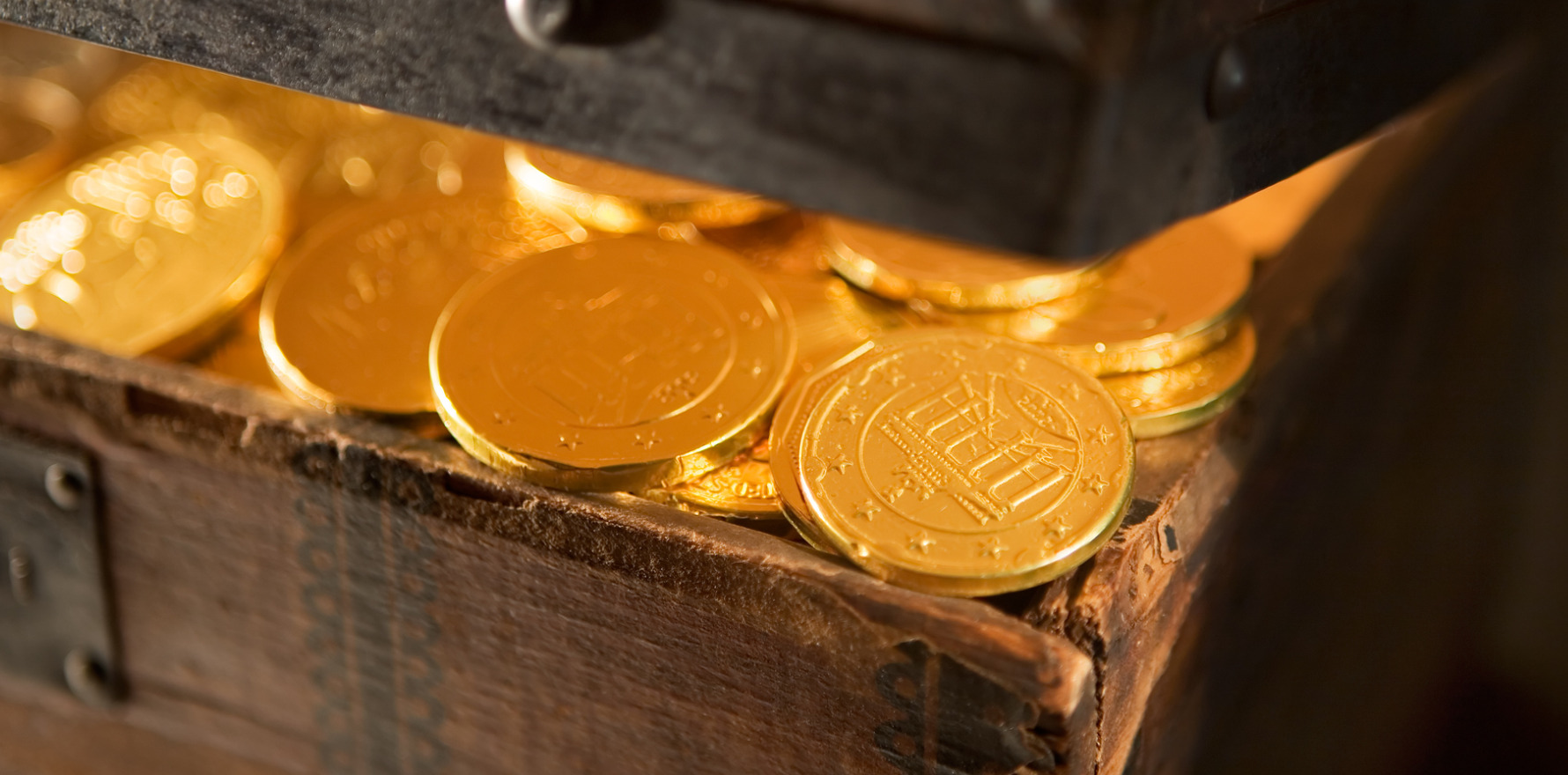The AMA is not happy with the investment in health, which amounts ot a 0.87% increase on last year.
There were no big surprises for health services in today’s NSW Budget with most health measures pre-announced in the past month.
The $31 billion package was shiny with new and improved hospitals.
But AMA NSW president Dr Michael Bonning said the budget was “disappointing”.
“At a time when the health sector and medical services need an urgent investment of cash, this budget provides almost nothing,” he said.
“Traditionally governments increase health investment. This government has effectively slashed it, when health inflation is taken into consideration.
“This year’s budget of $30.951 billion is a 0.87% percentage increase on the $30.684 billion in the 2022 – 23 budget.
“This paltry increase is negligible and will be overtaken by health inflation, which is expected to increase by at least 5% per year.
“It is the people of NSW who will suffer. This means less access to emergency departments, less urgent surgery and non-urgent surgery and it will also place NSW’s innovative programs such as the collaborative care projects at risk.
“In comparison – the Queensland Government this year increased its health budget by 9.6% while NSW couldn’t even commit to a 1% increase.” Dr Bonning said.
Regional NSW will be on the receiving end of a $3.8 billion health spend, including over $1 billion on hospital upgrades and redevelopments.
Albury Wodonga Regional Hospital will benefit from a $538 million investment to “improve patient safety and increase the capability of the health service to meet future health needs”. The project is expected to be delivered by NSW Health Infrastructure in partnership with Albury Wodonga Health, the NSW Ministry of Health, the Victorian Health Building Authority and the Victorian Department of Health.
Another $260 million will be spent on the new Eurobodalla Hospital, servicing the South Coast around Batemans Bay. The Bathurst Hospital redevelopment project will get $200 million in the Central West, and $7.5 million has been allocated to Milton Ulladulla Hospital and upgrades to the community cancer service centre there.
The government’s earlier commitment to eliminating all parking costs at regional hospitals will cost the budget $19 million.
The biggest health spend in the budget will go to improving access to healthcare services with $13.8 billion allocated to health facilities, including 600 new hospital beds across Western Sydney. The total package includes:
- the expansion of Blacktown and Mount Druitt Hospital to increase bed capacity for $120 million;
- $190 million for upgrades to Royal Prince Alfred Hospital;
- expanding Canterbury Hospital and upgrading existing infrastructure for $350 million;
- $550 million for the expansion of Fairfield Hospital to deliver more beds and increase capacity of the emergency and critical care services;
- $700 million for the Rouse Hill Hospital development; and
- $1.3 billion to rebuild Bankstown Hospital on a new site to meet the growing needs of the community.
The healthcare workforce will receive $2.5 billion to “recruit and retain” workers, including:
- $419.1 million for an additional 1200 nurses and $572.3 million over three years to enable 1112 full-time equivalent nurses and midwives whose positions were funded temporarily to June 2024 to be made permanent;
- 500 new rural and regional paramedics through a $438.6 million investment;
- delivering the largest wage increase for healthcare workers in more than a decade;
- study subsidies for 12,000 healthcare students, at a cost of $121.9 million over five years. New students will receive scholarships of $4000 per year. Existing students will receive one-off payments of $8000;
- delivering salary packaging benefits for more than 50,000 healthcare workers at a cost of $170.8 million.
Women’s health and wellbeing will receive a $100 million investment to increase access via 29 new and eight existing McGrath Foundation breast cancer nurses for $18.6 million; support for 20 Women’s Health Centres providing health and mental health services for women with a $34.3 million boost; and 48 new sexual assault nurse examiners and medical and forensic officers to fill critical gaps in healthcare services for victims of sexual assault across NSW for $52.7 million.
In terms of wellbeing programs, the government committed $100 million to gambling reform, including an expanded cashless gambling trial, the delivery of harm-minimisation programs and gaming reform.
There was also $7.6 million for a range of programs and initiatives to support veterans and their families.
In the cost-of-living support section of the budget, the Medical Energy Rebate will provide up to $350 per year for eligible concession holders with a medically diagnosed inability to self-regulate their body temperature in extreme environmental temperatures, and the Life Support Rebate provides annual assistance of up to $1639 per equipment type for people who need to use approved energy-intensive life support equipment at home.
Other cost-of-living supports mentioned in the budget papers include:
- assisting eligible people in NSW who have specific, short-term or ongoing health needs, by providing appropriate assistive technology through the Aids and Equipment Program;
- providing ambulance services free of charge for certain concession holders and victims of sexual assault, domestic violence or child abuse;
- providing new parents with a Baby Bundle filled with essential items to assist in their child’s early health and development;
- free dental care for children attending schools participating in the NSW Health Primary School Mobile Dental Clinics program;
- providing financial assistance through the Isolated Patients Travel and Accommodation Assistance Scheme to help with travel and accommodation costs when a patient needs to travel long distances for treatment that is not available locally;
- free glasses and vision aids for financially disadvantaged residents through the NSW Spectacles Program;
- the Pre-IVF Fertility Testing Rebate of $250 which helps eligible NSW residents cover the costs of fertility testing.


